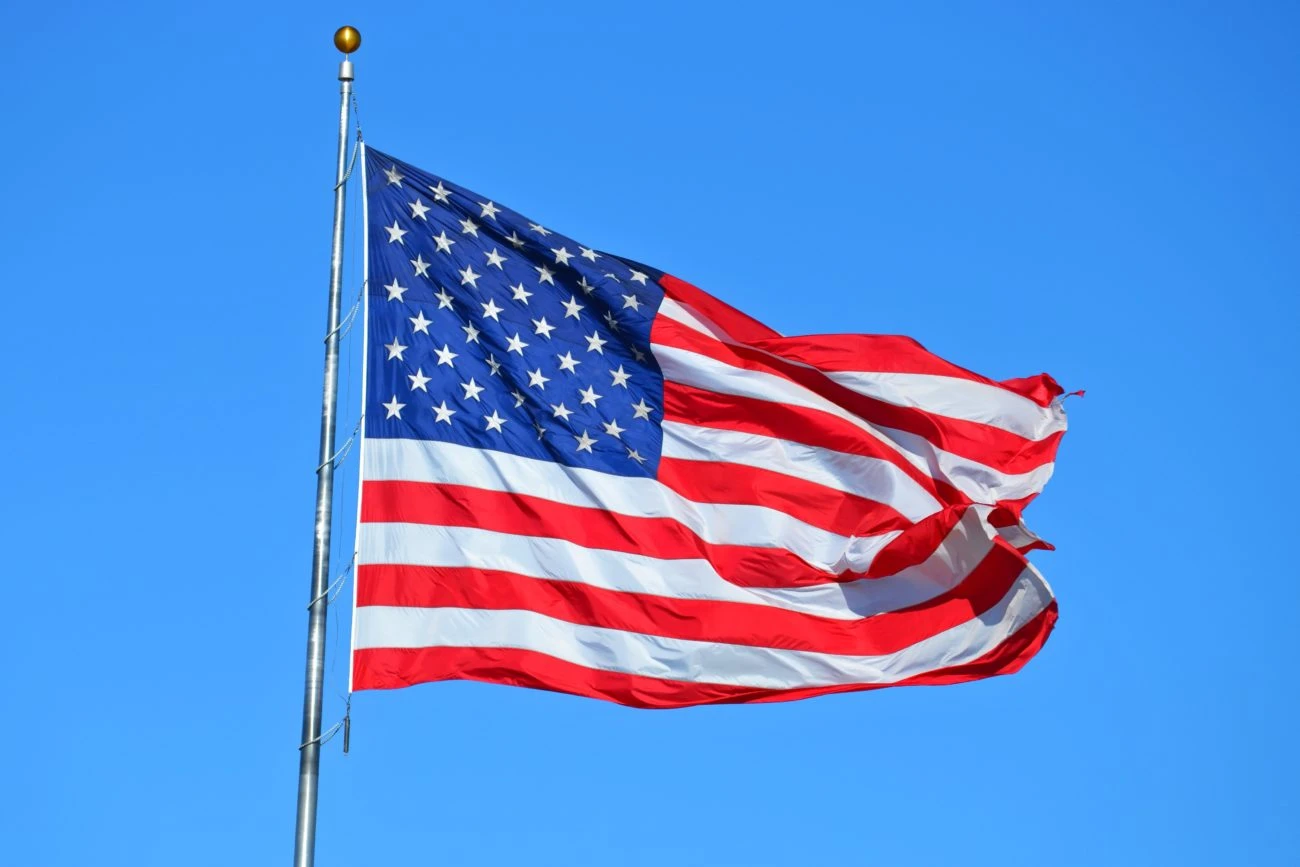Sports Handle report: 59% of sports bettors wager daily, novelty markets enticing new customers

On Wednesday (12 June), B2B sportsbook provider Betsson, in partnership with GambleID and Sports Handle, released results of a market report. The report revealed that over half of US bettors place daily bets, while 33% of respondents bet on a weekly basis.
Two surveys were carried out as part of the report, issued to operators and “known” sports bettors. Ninety-seven surveys were completed by bettors, 98% of whom were male.
Many of the participants were in the 25-34 and 35-44 age categories, at 30% and 32% respectively.
Five per cent of the sample said they placed bets occasionally, while 2% said they bet monthly.
Contrary to the industry’s belief that bettors are loyal to few apps, the results showed that 43% of players have downloaded more than five apps, while 21% have four to five apps on the go and only 5% are loyal to one product.
When asked which type of bets they preferred, a majority of respondents – 81% – bet on the point spread, while 69% bet on the moneyline, meaning the final outcome or winning team. The third most preferred type of bet was over/under bets, at 63%.
Propositions bets were the fourth most preferred, at 54%. College prop bets are currently under fire in the US, with Charlie Baker, president of the National Collegiate Athletic Association (NCAA) calling for a ban on college prop bets from US markets. So far, Louisiana, Ohio, Maryland and Vermont are among the states that have implemented a ban.
Bettors choosing to bet less than $100 per month
When asked what their total monthly deposit was, 37% of participants said this was less than $100. A total of 10% said this was between $1,000 and $4,999, while 1% reported spending $10,000 and over. Nine per cent chose the “prefer not to say” option.
Football was the most popular sport to bet on, with 92% of participants choosing it as one of their top three. Basketball was next at 66%, while golf came in third at 27%.
Some of the least popular sports included esports and boxing, which both got the votes of 1% of respondents.
More than half preferred betting via mobile apps. Online was the choice of 22% of respondents, while retail sportsbooks received 2% of votes. However, 17% chose both online and sportsbook.
DraftKings comes out top in app awareness
Of the respondents, 93% selected DraftKings as their top or most well-known app, with FanDuel coming in second with 92% of the vote. Caesars Sportsbook followed with 89%.
Up to 74% of the bettors sample said Rush Street Gaming’s BetRivers Sportsbook was well-known to them, while BallyBet and Superbook tied as the apps bettors were least aware of.
“It was nice to see confirmation that there are up to five apps on many bettors’ phones,” Lance Agostino, commercial director B2B at Betsson Sportsbook, noted in the report’s market research.
Similar results were also seen for the “preferred betting platform” question, with DraftKings on top again and FanDuel tailing behind.
Looking ahead, 54% of respondents sought improved latency in sports betting apps. The option for personalised bet suggestions was chosen by 24%, while 19% rated improved integration with social media platforms.
20%-30% of first-time bettors become repeat customers
When asked whether they had noticed recent shifts in consumer preferences, six firms said they had seen an increased desire for more betting options. Four noted more demand for better odds and a rise in mobile betting use.
The majority of bettors included in the sample (74%) said odds were the priority in picking a betting site. This was followed by user experience (70%) and promotions (62%).
Five noted a rise in more first-time bettors, with one unnamed company noting that novelty markets have piqued the interest of potential new customers.
Two operators said both entertainment value and advertising were key in engaging these first-time bettors. They said that 20%-30% of first-time bettors typically become repeat customers.
Looking at the sports betting operators’ survey results, the report noted that the sample was small, with seven respondents total. The respondents hold licences in Arkansas, Colorado, Maryland, Nevada and New Jersey.
